When embarking on your journey with a trailer, a multitude of details demands your attention, paramount among them the efficient functioning of the water heater. Filling the water heater tank correctly ensures that you have hot water at your disposal when you need it, enhancing your comfort and convenience. In this guide, we’ll walk through the comprehensive process of filling a water heater tank in a trailer, interspersed with essential tips, troubleshooting advice, and comparison analyses of various heater types.
Understanding the Water Heater System in Trailers
Before diving into the specific steps to fill the water heater tank, it is crucial to understand the different types of water heaters typically installed in trailers. Although there are many models to choose from, the predominant types include:
| Type of Water Heater | Fuel Source | Heating Method | Pros | Cons |
|---|---|---|---|---|
| Tank Water Heater | Propane, Electricity | Stores hot water in a tank | Constant supply of hot water | Limited by tank size; slower recovery rate |
| Tankless Water Heater | Propane, Electricity | Heats water on demand | Unlimited hot water; energy-efficient | Higher initial cost; may require upgrades |
| Hybrid Electric Heater | Electricity | Combines heat pump and electric resistance | High efficiency; quick recovery | Medium cost; larger footprint |
| Solar Water Heater | Solar energy | Uses solar panels to heat water | Environmentally friendly; low operational cost | Dependent on weather; higher upfront cost |
Key Components of a Trailer Water Heater
To effectively fill the water heater tank, understanding the key components is vital:
- Tank: The vessel holding the heated water.
- Inlet Valve: The entry point for water to fill the tank.
- Outlet Valve: Where hot water is delivered for use.
- Drain Valve: Used for emptying the tank for maintenance.
- Thermostat: Regulates the temperature within the tank.
- Pressure Relief Valve: Prevents excessive pressure build-up.
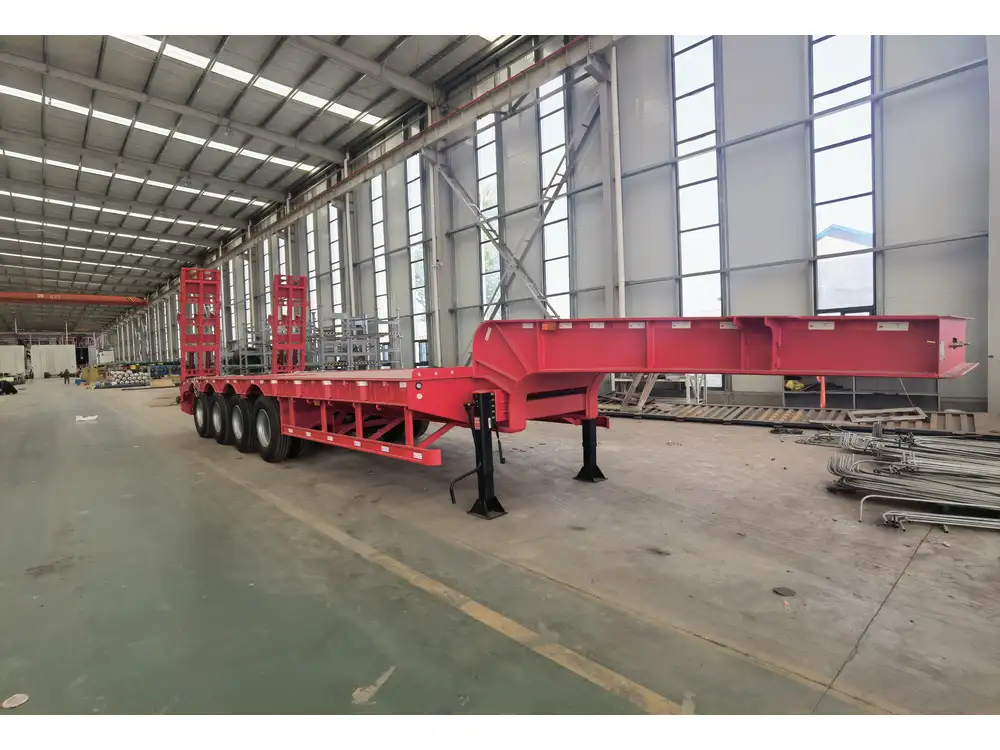
Step-by-Step Instructions to Fill Your Trailer’s Water Heater Tank
1. Prepare the Water Heater
Before filling the tank, ensure the water heater system is prepared:
- Switch off the Power: If the heater is electric, switch it off at the circuit breaker. If it operates on propane, turn off the gas supply.
- Check the Drain Valve: Ensure the drain valve is securely closed. This valve is typically located at the bottom of the tank.
2. Locate the Inlet Valve
- The inlet valve is crucial for filling the tank. This is usually located at the top of the water heater. Familiarizing yourself with the setup will facilitate easier access during the filling process.
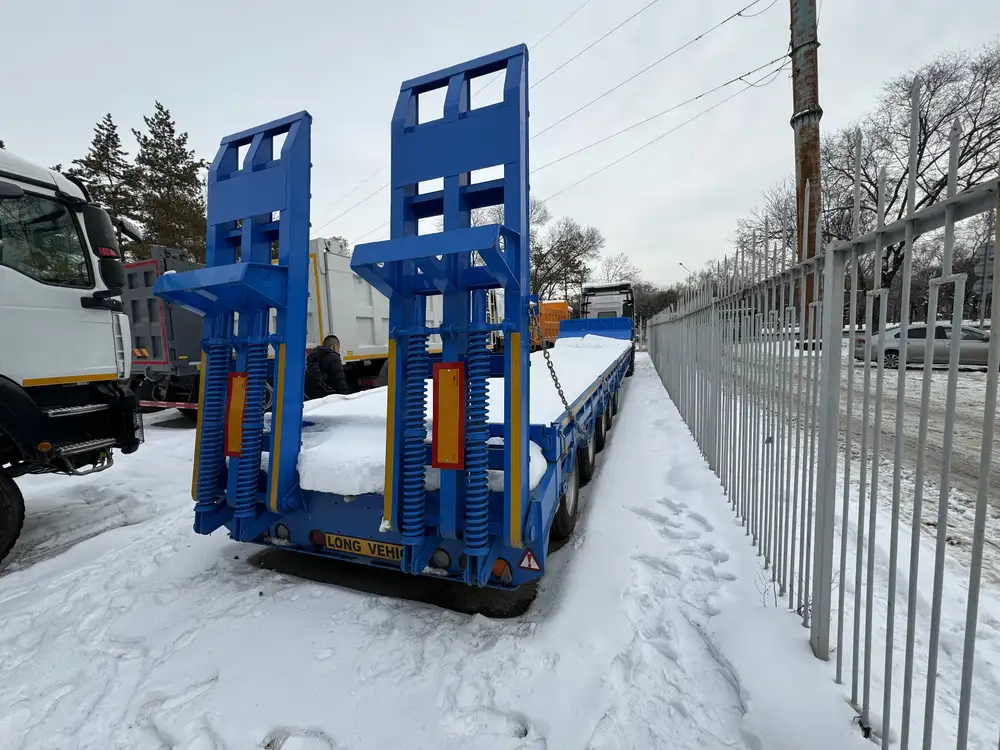
3. Connect Water Supply
- Attach a Hose: If your trailer is equipped with a city water connection, attach a hose to the inlet valve. If you’re using a portable water source, ensure it’s securely connected to the inlet.
4. Open the Inlet Valve
- Once the hose is attached, slowly open the water supply. This allows fresh water to enter the tank.
5. Monitor the Filling Process
Check for Air Vents: As the tank fills, air may need to escape. Open any air vents or hot water taps in the trailer until a steady stream of water flows out. This step prevents air pockets and ensures that the tank fills fully.
Listen for Changes: You will hear water flowing into the tank, which may be accompanied by gurgling sounds as air escapes through the open tap.
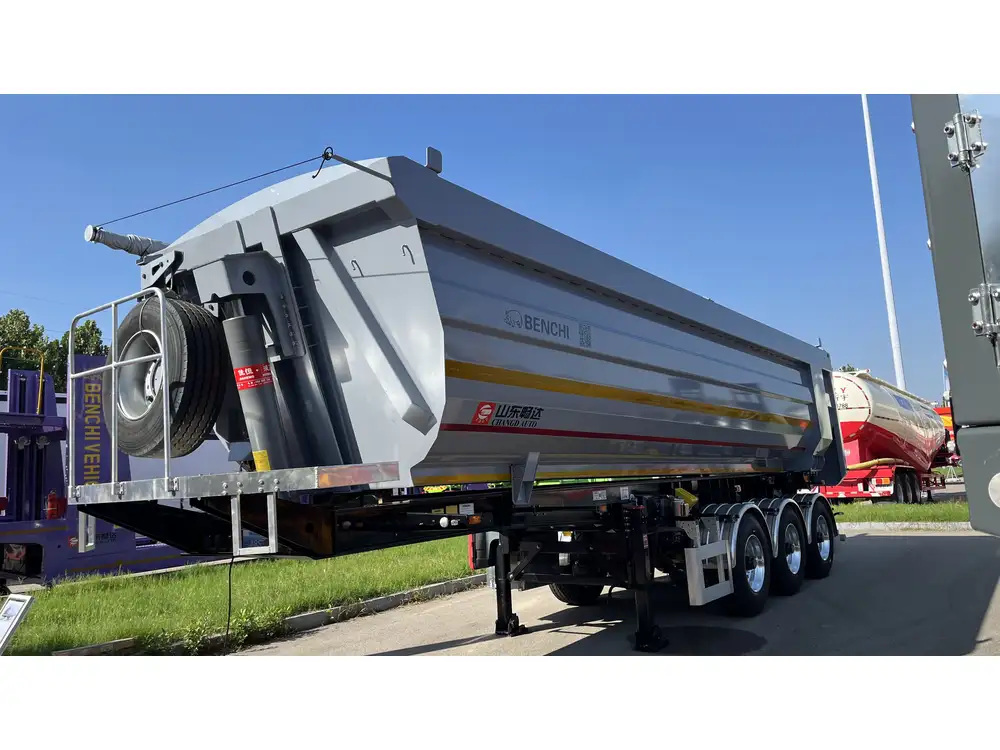
6. Monitor for Overflow
- Keep an eye on the water closet and surrounding areas to prevent spills. If you are using a city water connection with set pressure, ensure to turn off the input once the tank is full or utilize automatic shut-off systems where available.
7. Close the Valves
- Once the tank is full, close the inlet valve to stop the water supply and any hot water taps used during the process. This step ensures that no water flows back out of the tank or through any vents.
8. Restore Power or Gas Supply
- If using an electric unit, switch the power back on at the circuit breaker. For propane systems, re-initiate the gas supply.
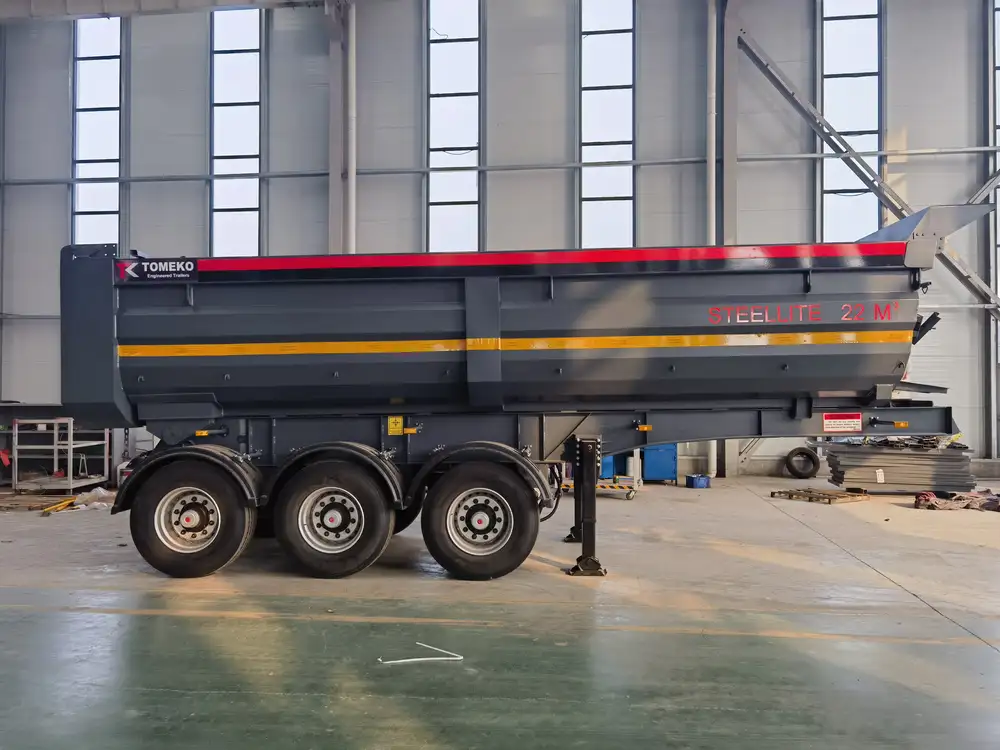
9. Set Temperature
- Adjust the thermostat to your desired temperature setting. It’s generally recommended to keep the water heater temperature to a maximum of 120°F (49°C) for safety and efficiency.
Troubleshooting Common Issues
Despite following the steps outlined above, you might encounter issues. Here are some common problems with solutions:
| Issue | Possible Cause | Solution |
|---|---|---|
| Tank Won’t Fill | Blocked inlet valve | Inspect and clear any debris or blockages. |
| Temperature Issues | Faulty thermostat | Test with a new thermostat or manual reset. |
| Unusual Noises | Air in the system | Bleed the system by opening hot water taps; check for air leaks. |
| Consistent Water Leaks | Worn-out drain valve | Replace the drain valve; ensure tight fittings. |
Maintenance Tips for Your Trailer Water Heater
To ensure your water heater remains efficient and prevents issues, regular maintenance is essential. Here are tips:
- Flush the Tank: Every six months, drain and refill your water heater to clear sediment buildup.
- Inspect for Leaks: Regularly check all valves and connections for any signs of leakage.
- Check Anode Rod: This rod prevents corrosion. Inspect annually and replace if it’s more than 50% corroded.
- Test Pressure Relief Valve: Regularly test this valve by lifting the lever to ensure it works efficiently. It should release water when lifted.
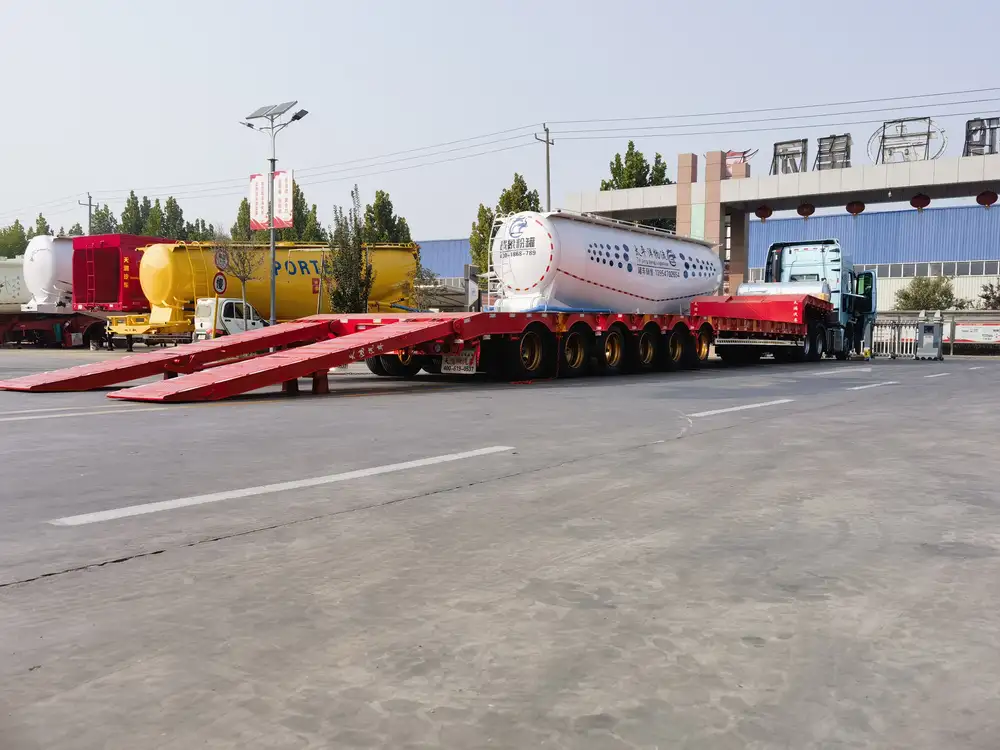
Assessing Different Water Heater Technologies
Choosing the right water heater for your trailer is crucial for efficiency and performance. Here are key criteria for making an informed decision:
| Criteria | Tank Water Heater | Tankless Water Heater | Hybrid Electric Heater | Solar Water Heater |
|---|---|---|---|---|
| Installation Cost | Moderate | High | Moderate | High |
| Operational Cost | Moderate to High | Low | Low | Very Low |
| Space Requirement | Requires more space | Compact | Moderate | Requires roof space |
| Water Supply | Limited by tank size | Unlimited | Moderate | Depends on weather |
Conclusion: Ensuring Optimal Water Heater Functionality
Filling the water heater tank in your trailer may seem a mundane task, yet it is crucial for maintaining comfort on your travels. By thoroughly understanding your water heater system, preparing adequately, and following meticulous steps to fill and troubleshoot the unit, you unlock the potential for an efficient and responsive water supply.
Maintaining your water heater and choosing the right system for your needs can significantly improve your overall experience as a trailer owner. With regular care and an understanding of the technology at your fingertips, you can optimize your setup, ensuring each trip aboard your trailer is as enjoyable as the last.
Should you have further questions or need assistance, our dedicated team is always ready to offer expert advice tailored to maximize your trailer’s water heater efficiency. Your comfort is our priority!



